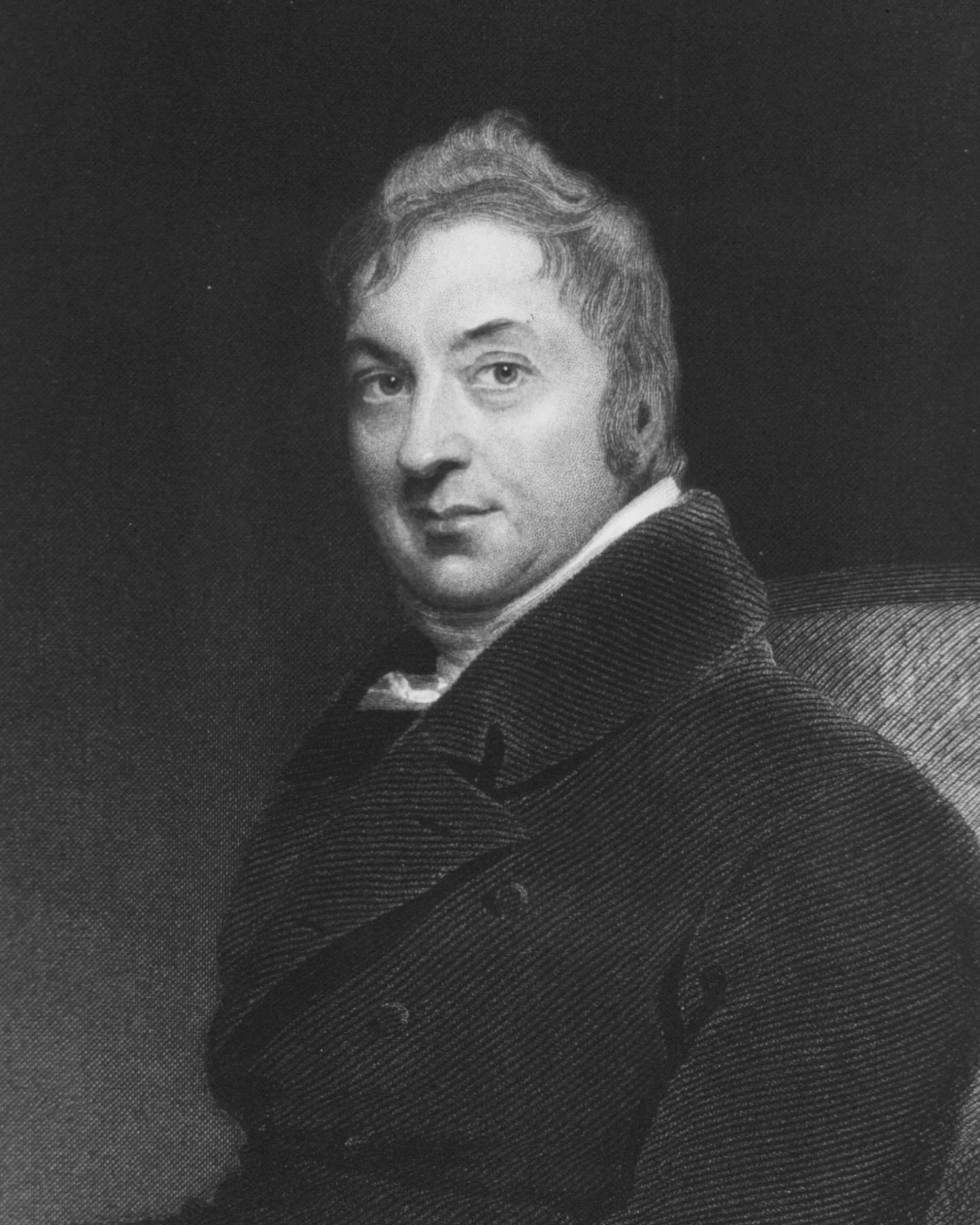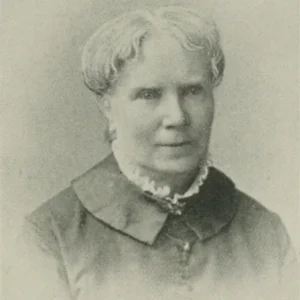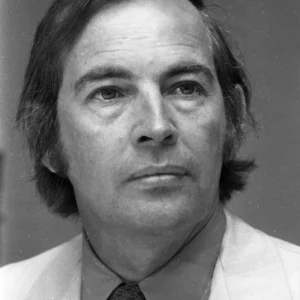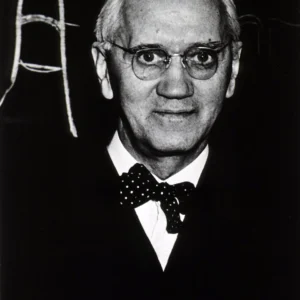Edward Jenner, born on May 17, 1749, in Berkeley, Gloucestershire, England, is celebrated as the “Father of Vaccination” for his pioneering work in developing the smallpox vaccine. His groundbreaking discovery has saved countless lives and laid the foundation for modern immunology.
Early Life and Educational Background
Birth and Family Background
Edward Jenner was born to the Reverend Stephen Jenner, the vicar of Berkeley, and his wife Sarah. As the eighth of nine children, Jenner grew up in a modest household with a strong emphasis on education. His early exposure to the natural world and his father’s influence sparked his interest in medicine and natural history.
Education and Early Influences
Jenner attended local schools in Wotton-under-Edge and Cirencester before being apprenticed to a surgeon in Chipping Sodbury at the age of 14. In 1770, he moved to London to study under the renowned surgeon John Hunter at St. George’s Hospital. Hunter’s philosophy of “Don’t think; try” greatly influenced Jenner’s approach to scientific inquiry and experimentation.
Rise to Prominence
Early Research and Discoveries
During his time in London, Jenner gained valuable experience in surgery and anatomy. He also developed an interest in natural history, collecting biological specimens and studying various diseases. After completing his apprenticeship, Jenner returned to Berkeley to practice as a general practitioner.
The Concept of Vaccination
Jenner’s interest in smallpox, a deadly disease that claimed many lives in the 18th century, led him to investigate the protective effects of cowpox. He observed that milkmaids who had contracted cowpox did not catch smallpox. This observation inspired Jenner to test his hypothesis that exposure to cowpox could provide immunity against smallpox.
The Groundbreaking Discovery of the Smallpox Vaccine
The First Vaccination
In 1796, Jenner conducted his famous experiment on James Phipps, an eight-year-old boy. Jenner inoculated Phipps with pus from a cowpox sore and later exposed him to smallpox. Phipps did not develop smallpox, proving that the cowpox infection provided immunity. Jenner’s successful experiment marked the beginning of vaccination.
Development and Challenges
Despite his groundbreaking discovery, Jenner faced skepticism from the medical community. He continued to conduct experiments and gather evidence to support his findings. In 1798, he published his work, “An Inquiry into the Causes and Effects of the Variolae Vaccinae,” which detailed his research and the concept of vaccination.
Contributions to Global Health
Impact on Medicine
Jenner’s work laid the foundation for modern immunology and vaccination. His discovery of the smallpox vaccine led to the eventual eradication of smallpox, one of the deadliest diseases in history. Jenner’s contributions to medicine have saved countless lives and continue to influence public health practices worldwide.
Recognition and Honors
Jenner’s achievements were widely recognized during his lifetime. He was elected a Fellow of the Royal Society in 1789 and received numerous honors and awards for his contributions to science and medicine. His legacy lives on through the continued use of vaccines to prevent infectious diseases.
Personal Struggles and Triumphs
Overcoming Challenges
Jenner faced numerous challenges throughout his career, including skepticism from his peers and the difficulty of convincing the public of the safety and efficacy of vaccination. Despite these obstacles, his dedication to scientific inquiry and his belief in the potential of vaccination drove him to persevere.
Legacy and Influence
Jenner’s legacy extends beyond his discovery of the smallpox vaccine. He is remembered as a pioneer in the field of immunology and a champion of public health. His work has inspired generations of scientists and healthcare professionals to pursue innovative solutions to medical challenges.
Conclusion
Edward Jenner’s life and work exemplify the transformative power of scientific discovery and dedication to improving public health. His pioneering work in developing the smallpox vaccine has had a profound and lasting impact on global health, saving countless lives and paving the way for modern immunology. From his early beginnings in rural England to his status as one of the most influential figures in medical history, Jenner’s journey is a testament to the potential of scientific curiosity and innovation to change the world.
Through his research, perseverance, and groundbreaking achievements, Jenner has left an indelible mark on the field of medicine. His contributions continue to inspire scientists and healthcare professionals, ensuring that his legacy of saving lives and promoting global health endures for generations to come.



